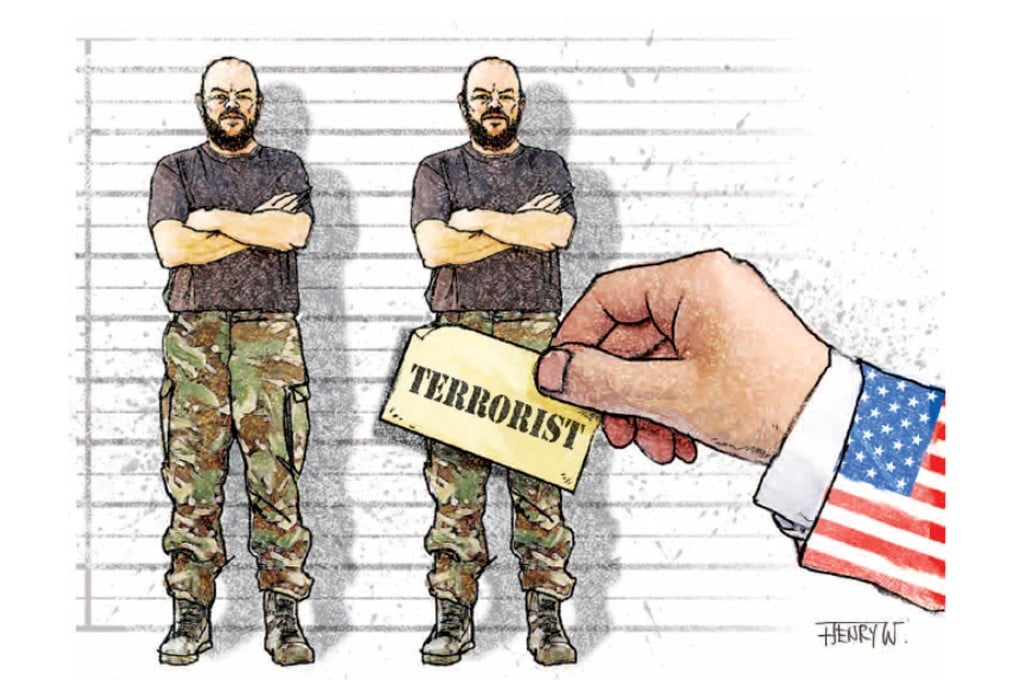America's double standards on terrorism
Zhou Zunyou says fair and equal treatment by the US government in defining acts of terrorism at home and abroad would help it forge allies in the global campaign to combat the violence

At the end of 2013, terrorist violence befell both China and Russia. On December 30, nine assailants armed with knives and homemade explosives attacked a police station in Yarkand, a county administered by Kashgar prefecture in Xinjiang . During the clash, eight attackers were shot dead; one was captured.
Also on December 30, a suicide bombing occurred on a crowded trolleybus in the city of Volgograd in southern Russia, a day after a suicide bomber launched an attack at the city's main train station. The two attacks killed 34 people and injured many more.
Shortly after the terrorist attacks, President Xi Jinping extended his condolences to his Russian counterpart, Vladimir Putin. Plagued by Islamic terrorists fighting for ethnic independence, China and Russia have common interests in combating terrorism within the framework of the Shanghai Co-operation Organisation.
The US also immediately showed its solidarity with Russia, but the message of solidarity was not sent from President Barack Obama. Instead, State Department spokeswoman Marie Harf condemned the terrorist attacks in Volgograd "in the strongest terms" during a daily press briefing.
US double standards on terrorism point to an awkward mindset among American politicians
However, when asked about the latest attack in Xinjiang, Harf refused to label that attack as terrorism. Instead, she called on the Chinese government to "permit its citizens to express their grievances freely, publicly, peacefully and without fear of retribution".
